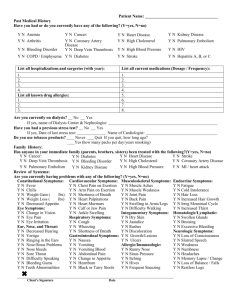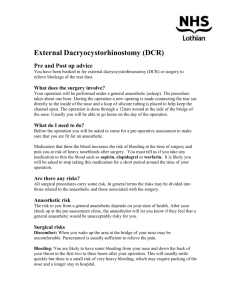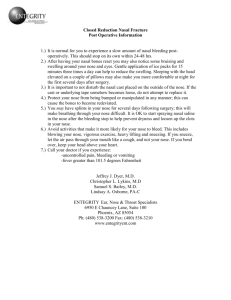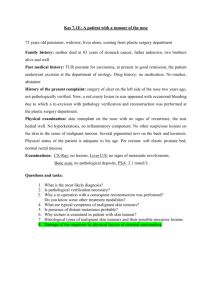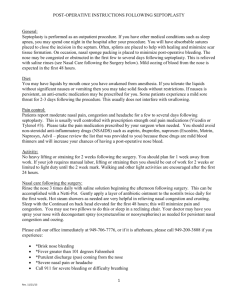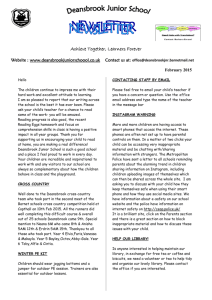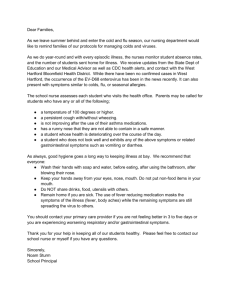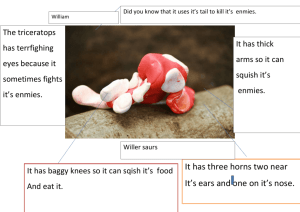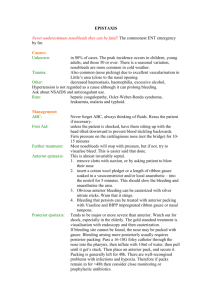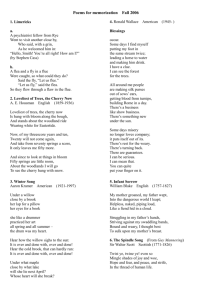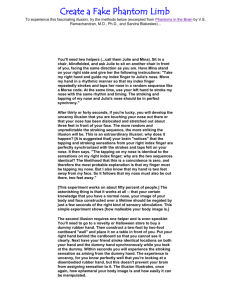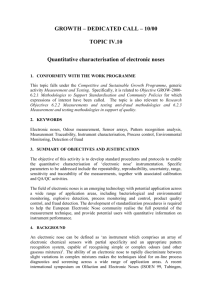Functional Endoscopic Sinus Surgery
advertisement
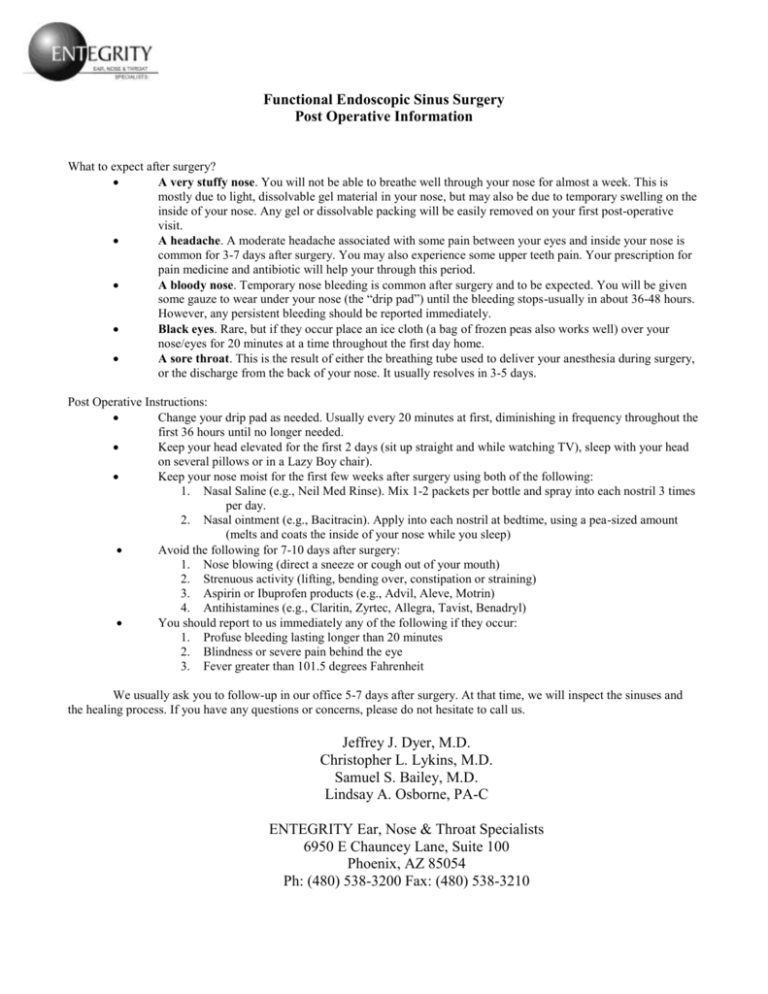
Functional Endoscopic Sinus Surgery Post Operative Information What to expect after surgery? A very stuffy nose. You will not be able to breathe well through your nose for almost a week. This is mostly due to light, dissolvable gel material in your nose, but may also be due to temporary swelling on the inside of your nose. Any gel or dissolvable packing will be easily removed on your first post-operative visit. A headache. A moderate headache associated with some pain between your eyes and inside your nose is common for 3-7 days after surgery. You may also experience some upper teeth pain. Your prescription for pain medicine and antibiotic will help your through this period. A bloody nose. Temporary nose bleeding is common after surgery and to be expected. You will be given some gauze to wear under your nose (the “drip pad”) until the bleeding stops-usually in about 36-48 hours. However, any persistent bleeding should be reported immediately. Black eyes. Rare, but if they occur place an ice cloth (a bag of frozen peas also works well) over your nose/eyes for 20 minutes at a time throughout the first day home. A sore throat. This is the result of either the breathing tube used to deliver your anesthesia during surgery, or the discharge from the back of your nose. It usually resolves in 3-5 days. Post Operative Instructions: Change your drip pad as needed. Usually every 20 minutes at first, diminishing in frequency throughout the first 36 hours until no longer needed. Keep your head elevated for the first 2 days (sit up straight and while watching TV), sleep with your head on several pillows or in a Lazy Boy chair). Keep your nose moist for the first few weeks after surgery using both of the following: 1. Nasal Saline (e.g., Neil Med Rinse). Mix 1-2 packets per bottle and spray into each nostril 3 times per day. 2. Nasal ointment (e.g., Bacitracin). Apply into each nostril at bedtime, using a pea-sized amount (melts and coats the inside of your nose while you sleep) Avoid the following for 7-10 days after surgery: 1. Nose blowing (direct a sneeze or cough out of your mouth) 2. Strenuous activity (lifting, bending over, constipation or straining) 3. Aspirin or Ibuprofen products (e.g., Advil, Aleve, Motrin) 4. Antihistamines (e.g., Claritin, Zyrtec, Allegra, Tavist, Benadryl) You should report to us immediately any of the following if they occur: 1. Profuse bleeding lasting longer than 20 minutes 2. Blindness or severe pain behind the eye 3. Fever greater than 101.5 degrees Fahrenheit We usually ask you to follow-up in our office 5-7 days after surgery. At that time, we will inspect the sinuses and the healing process. If you have any questions or concerns, please do not hesitate to call us. Jeffrey J. Dyer, M.D. Christopher L. Lykins, M.D. Samuel S. Bailey, M.D. Lindsay A. Osborne, PA-C ENTEGRITY Ear, Nose & Throat Specialists 6950 E Chauncey Lane, Suite 100 Phoenix, AZ 85054 Ph: (480) 538-3200 Fax: (480) 538-3210 www.entegrityent.com
